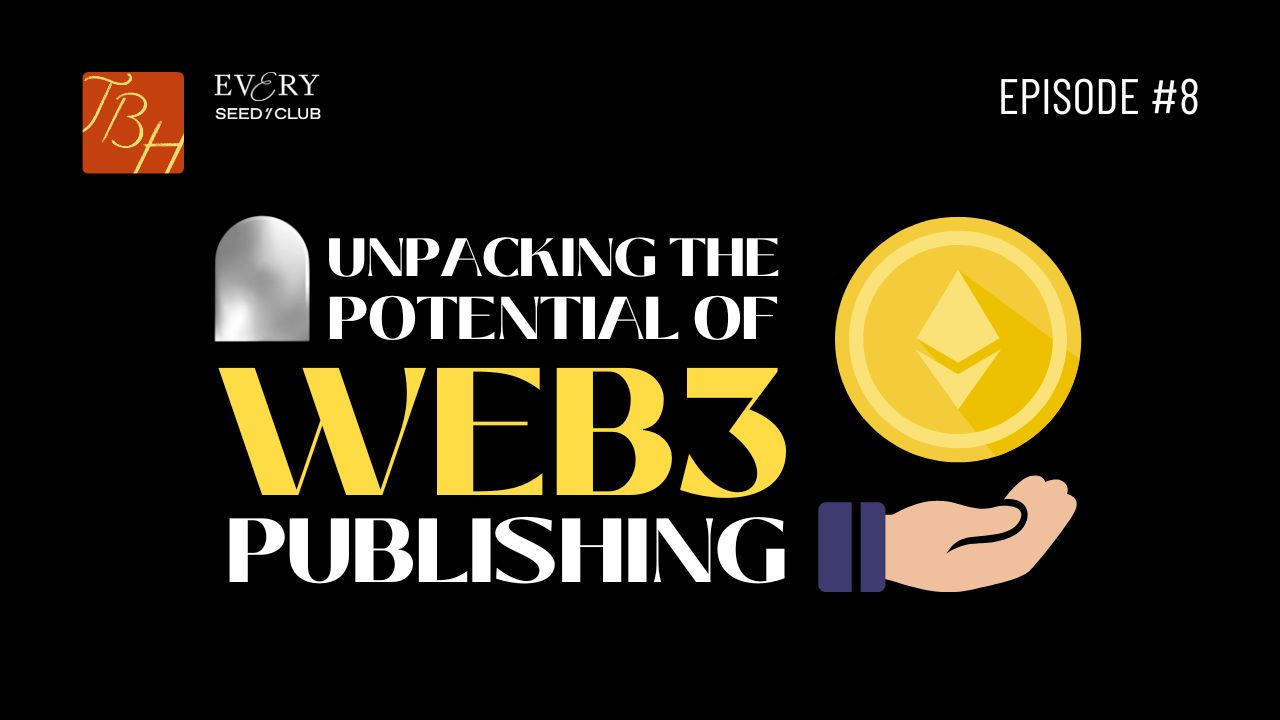
Optimism, Options, & Operating Well
Here’s everything we published this week.
June 19, 2022 · Updated February 6, 2026
Knowledge Partner: McKinsey & Company
Resilience for sustainable, inclusive growth. Resilience is the ability to deal with adversity, withstand shocks, and continuously adapt and accelerate as disruptions and crises arise over time. A can’t-miss report from the World Economic Forum and McKinsey explores how public- and private-sector organizations can build a resilient stance.
Happy Sunday!
This week, we’ve got insights on being an operator from inside Stripe, a reflection on the virtues and vices of optimism, and a handy guide on what to do with your options in a downturn. Plus, a review of a new book on the power of fandom, and a peek into what makes creative partnerships tick.
Let’s dive in!
Operating Well: What I Learned at Stripe
Sam Gerstenzang / EveryWhen it comes to places to grow as an operator, you’d be hard pressed to find one better than Stripe. Sam Gerstenzang spent two years there, helping to build some of the company’s fastest-growing products. Along the way, he learned a lot about what it takes to be a great operator. In this post, he shares some of those lessons, including thoughts on strategy and focus, the importance of psychological safety, and the secret to running actually useful meetings.
Selective Optimism
Evan Armstrong / Napkin MathOptimism is the native state of tech, and never is that tendency more apparent than when things start looking less than great. As the markets have headed south and layoffs have begun, there’s been a surge of voices calling for optimism. “It’s time to build,” etc.
As Evan argues in this week’s edition of Napkin Math, that’s all very well—to a point. But spend too much time looking through your rose-colored glasses, and you risk missing the fire that’s burning right in front of you. In this post, Evan takes a hard look at optimism in finance, specifically: when it makes sense, when it makes less sense, and what we should all make of this moment in particular.
What Should You Do With Your Options During a Downturn?
Adam Keesling / EveryStartup options aren’t the easiest thing to understand even under the best of circumstances. And this right here, what we’re experiencing right now? Not the best of circumstances. As a startup employee, you’d be forgiven for feeling a bit like that meme of Chris Pratt: “I don’t know how options work, and at this point I’m afraid to ask.”
Fortunately, Adam Keesling is here to demystify this admittedly mystifying topic. In this post, Adam walks us through the decision calculus behind exercising options—particularly when market conditions are less than ideal. Among the things he encourages you to consider: how’s your liquidity? How do you feel about your company’s prospects long-term? And what’s your opportunity cost?
How to write a bestselling book with a friend (even when it’s hard)
Dan Shipper / SuperorganizersGreat partnerships are exceedingly rare in the creative world. And it’s even rarer to get a glimpse into how a partnership like that actually works day-to-day.
This week for Superorganizers, Dan interviews Liz Fosslein and Mollie West Duffy, the creative duo behind not one, but two best-selling books, to get to the bottom of what makes their creative partnership tick: how they work together, how their different styles compliment each other, and how they navigate when those different styles sometimes conflict.
The Screaming Fangirls Who Forged the Internet
Fadeke Adegbuyi / CybernautAs founders and builders, it’s tempting to want to believe that we make the internet—that we hold the keys to its destiny and what it will become. But if we’re honest, we all know who truly makes the internet what it is: the users.
This week on Cybernaut, Fadeke reviews the new book Everything I Need I Get From You. On the surface, it’s a book about One Direction fandom. But on a deeper level, it’s about the ways that fandoms—many of them largely female—shape the internet we all inhabit every day.
Unpacking the Potential of Web3 Publishing
Sari Azout & Joey Debruin / Tokens, But How?Of all the industries where web3 proponents see huge potential for transformation, there are few where expectations are higher than in publishing. What happens when one of the world’s most financially challenged industries meets an entirely new way of monetizing content?
This week on TBH, Sari and Joey talk with Patrick Rivera, a Product Engineer at what is arguably the platform pioneering the web3 publishing: Mirror. Along the way, they discuss web3’s potential to impact everything in publishing, from monetization to distribution to discovery.
A Few More Recommendations
One Weird Trick To Make Humans Think An AI Is “Sentient” | Clive Thompson
A while back, Google engineer Blake Lemoine became convinced the the tech giant’s language model LaMDA was sentient. Technologist and writer Clive Thompson does’t think so—but he has a theory about what made the engineer think so. In one word: vulnerability.
The End of the Millennial Lifestyle Subsidy | The Atlantic
One day, we’ll all tell our grandkids about the days when a ten-minute Uber ride cost $7 and we got to see unlimited movies for free, all on venture capital’s dime. Now, though, it looks like those days are officially behind us. In this post, Derek Thompson bids farewell to the “Millennial Lifestyle Subsidy.”
That's it for this week!
The Only Subscription
You Need to
Stay at the
Edge of AI
The essential toolkit for those shaping the future
"This might be the best value you
can get from an AI subscription."
- Jay S.
Join 100,000+ leaders, builders, and innovators

Email address
Already have an account? Sign in
What is included in a subscription?
Daily insights from AI pioneers + early access to powerful AI tools












Comments
Don't have an account? Sign up!